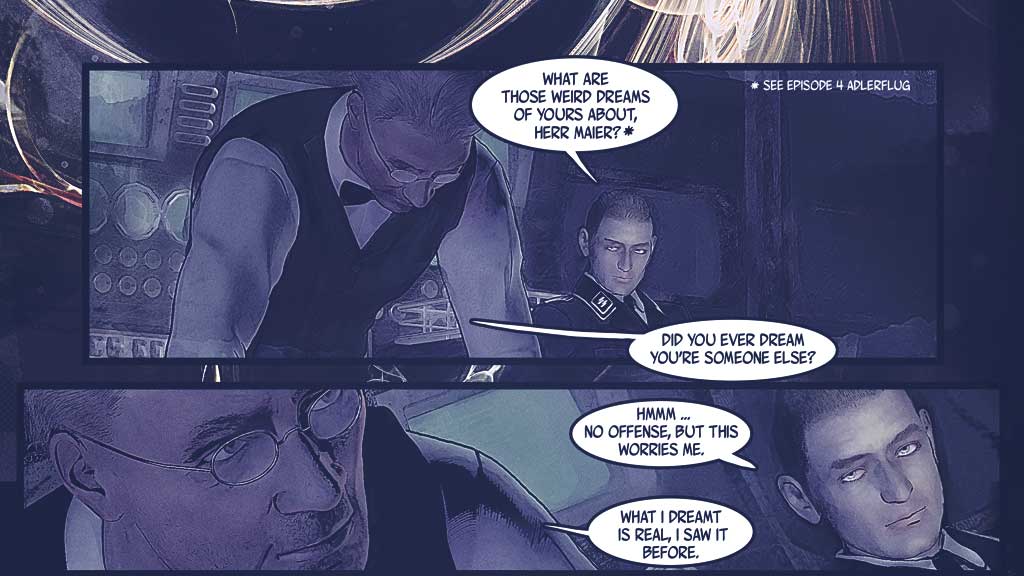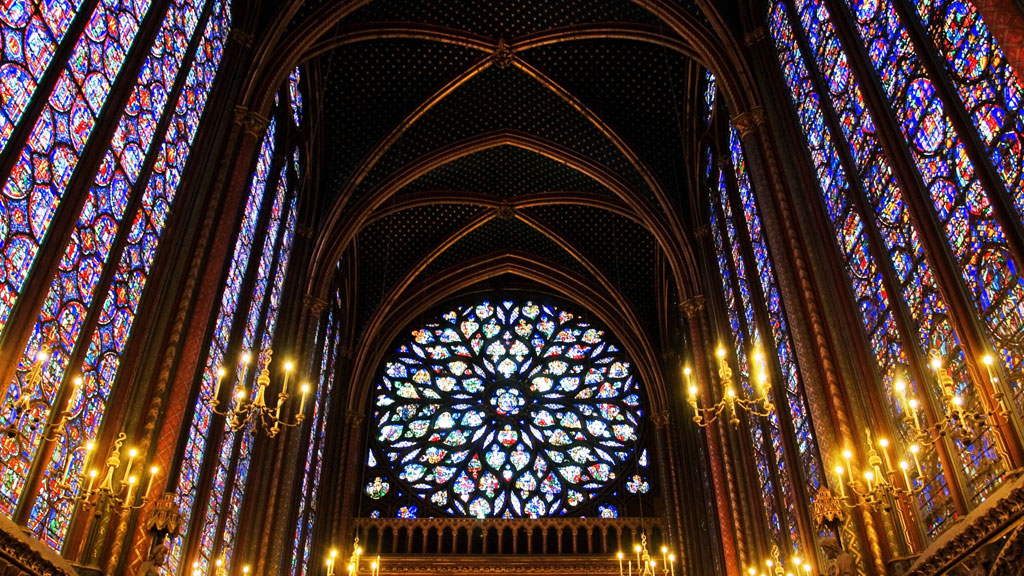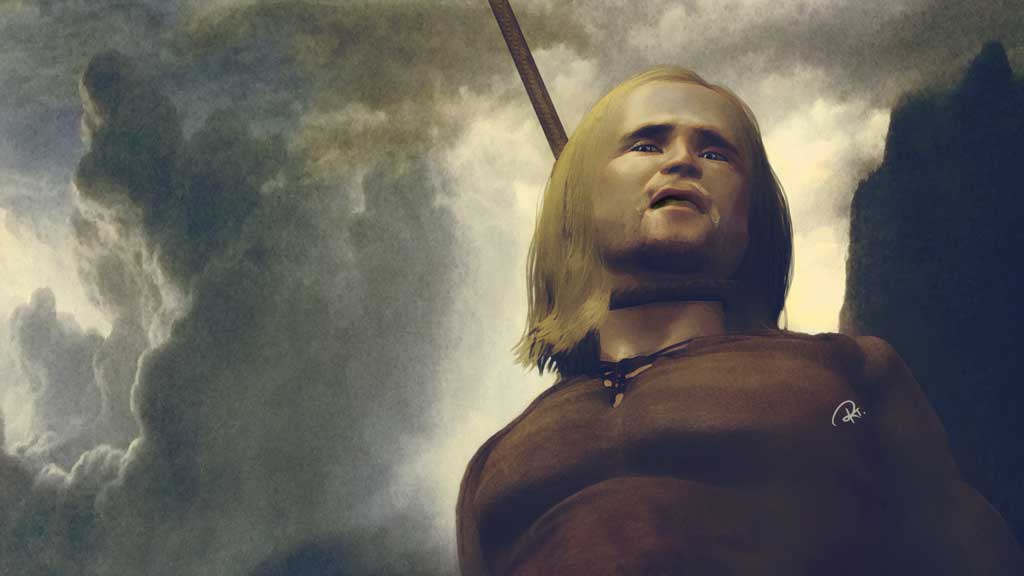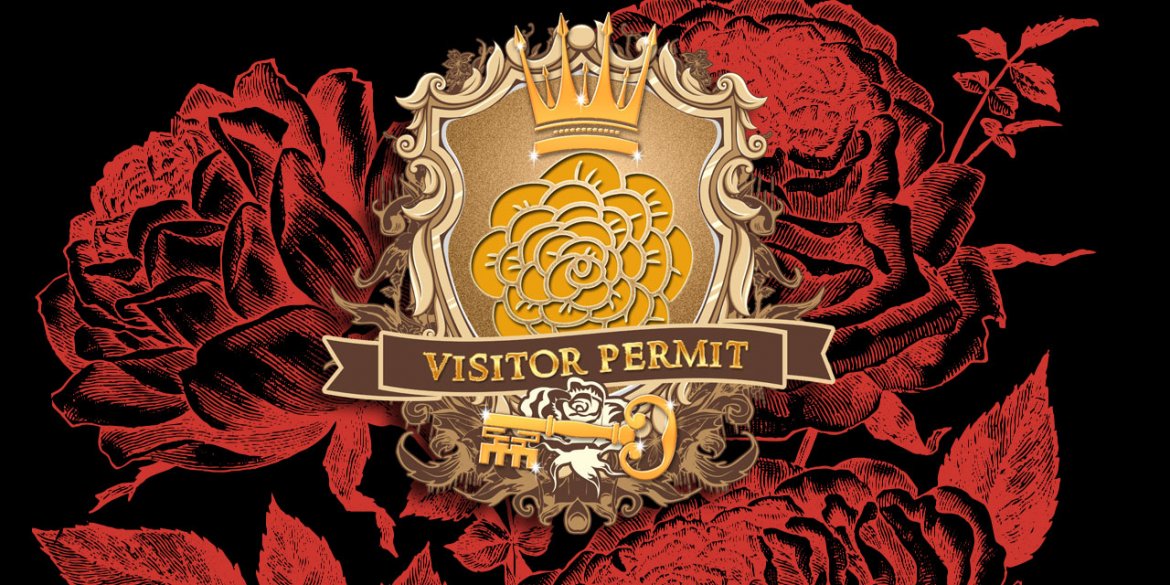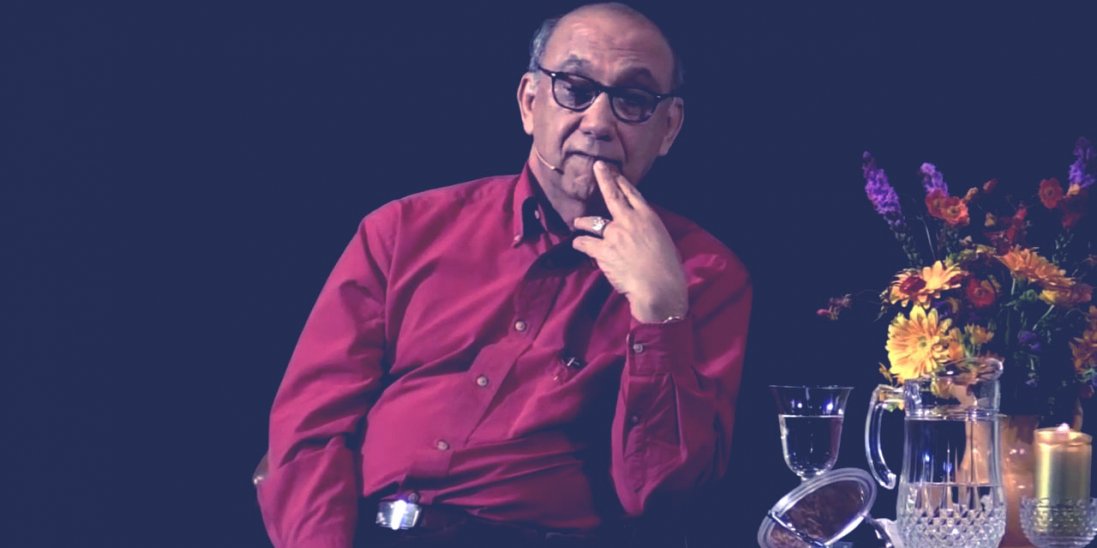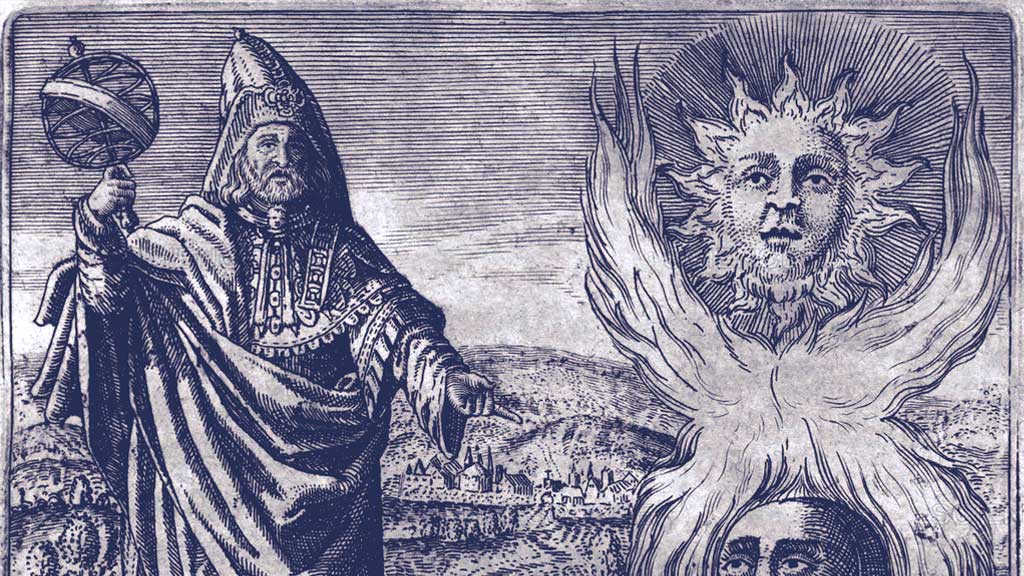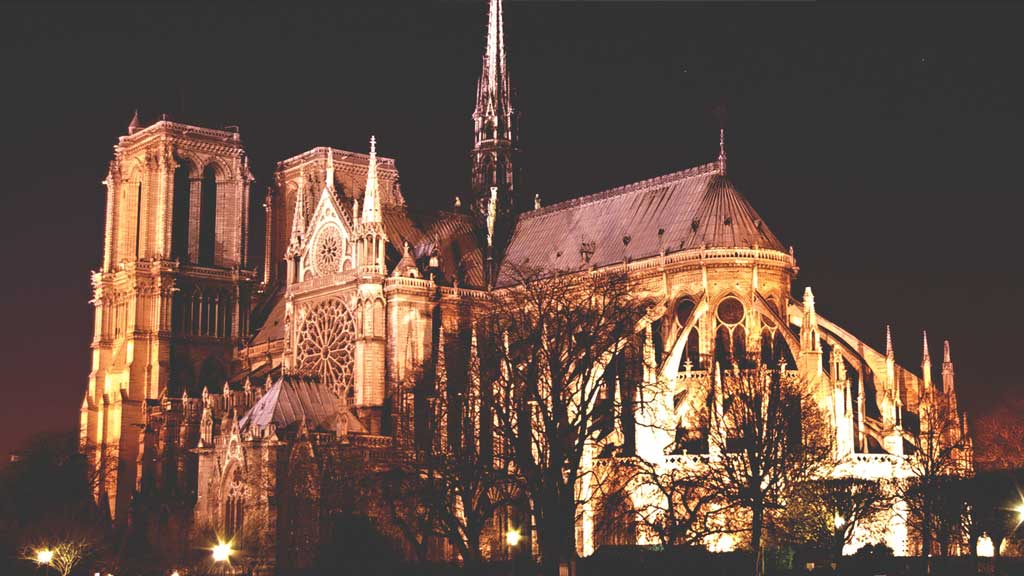Otto Maier, a name shrouded in secrecy and intrigue, emerges from the annals of history as a German scientist whose pursuits straddled the realms of advanced physics and ancient alchemy. His diaries reveal a mind equally captivated by the promise of exotic matter and the mystical allure of alchemical transformation. As we delve into Maier’s world, we uncover a narrative that intersects with the profound themes explored in Arthur I. Miller’s “Deciphering the Cosmic Number,”...
In physics, we speak of energy and its various manifestations, such as electricity, light, heat, etc. The situation in psychology is precisely the same. Here, too, we are dealing primarily with energy . . . with measures of intensity, with greater or lesser quantities. It can appear in various guises. . . . As I worked with my fantasies, I became aware that the unconscious undergoes or produces change. Only after I had familiarized myself...
The secret teachings of Goethe. That Johann Wolfgang von Goethe (1749-1832), Germany’s greatest poet, had an interest in the occult and alchemy is clear from Faust. Based on an historical character, the original Faust legend goes back to medieval times and prior to Goethe‘s there were earlier dramatic renditions of the tale, notably Christopher Marlowe’s. Yet it is to Goethe’s Faust (Part I 1808; Part II 1833) that most of us turn when we think...
Wagner’s mythic medievalism and Teutonic underworldliness was shared by the English Pre-Raphaelite Brotherhood’s embrace of William Blake’s prescient dictum—Gothic form is living form—the largely unacknowledged creed of Victorian architectural revival. Barbaric An adjective that had once meant “barbaric,” “Gothic” had been redeemed by perception of the medieval Catholic Church’s architectural embrace of the divine-maternal, the mysterious, tempting curve: the very essence of art, according to Edmond’s Bailly’s bookshop habitué, art critic, aesthete, monarchist, and Catholic...
In the early 1180s, as the shadow of Saladin lengthened over the Holy Land, a nobleman with Merovingian ancestry, Philip d’Alsace, count of Flanders, commissioned the greatest poet of the age, Chrétien de Troyes, to do a French reworking of a strange tale about a poor knight, the son of a widow, who attains the kingship of the Holy Grail. Philip d’Alsace Philip supposedly found the tale in an ancient Celtic/Germanic chronicle, and wanted Chrétien,...
When following Otto Maier’s path one will meet somewhere on his/her road, Böhme. Like the contemporary student of the inner world, alchemists were concerned about differentiating imagination from fantasy. They were aware that true imagination possesses a power and depth that fantasy does not possess. Jakob Boehme was one of those who warned against the delusions of fantasy. Struggle for redemption Böhme was a mystic. Although not a practicing alchemist, he used the terminology and symbols...
In 1934 the Berliner Illustrirte Zeitung published in Issue 48 an article by Otto Rahn entitled: Jehans Letzer Gang (Jehan’s Last Steps). The piece told the story of one Jehan Tessenre, a young family man moments away from his execution by Hugeunot troops in reprisal for the death of sixty—two of their brethren. They had been betrayed by Jehan to the townsfolk of Tarascon who lost no time in tossing them off the same high...
Laurin ‘s marvels. Are you worthy to enter the Rosengarten? King Laurin ’s greatest marvel is his understanding of day and night, which is also that of life and death. Oh, how we would like to possess that knowledge! It is in these terms that men lament, but they need not. As one can always ascend to Laurin ’s marvellous kingdom. In spite of the silk threads which protect it. Still, one must be a...
Well-known spiritual teacher A. H. Almaas uses the metaphor of the mysterious philosopher’s stone to discuss a tremendous liberating power that leads to endless enlightenment. An introducrion by Almaas: TRUE NATURE, the fundamental nature of what we are—and of everything—is what matters most when it comes to spiritual transformation. It is the single most important element for liberation. The more we understand it, the more we realize that it is not simply the most important element; in fact,...
The name of Hermes, whether or not qualified as Trismegistus, henceforth served as guarantee or signature for a host of esoteric books on magic, astrology, medicine, etc., throughout the Middle Ages, and this despite the fact that, with the exception of the Asclepius, the Corpus Hermeticum was unknown. Picatrix At the same time, an inspired imagery unfolded in both Latin and Arabic literature in a succession of “visionary recitals” (as Henry Corbin calls them), constellated...
In the shadowed corridors of the human psyche, where the esoteric and the mundane converge, lies the enigmatic concept of the Doppelgänger. This mysterious double, often perceived as an ominous omen in folklore, is more than just a spectral twin. It is a reflection of our unredeemed inner nature, a mirror held up to our soul by the forces of the spiritual world. Within the arcane teachings of Otto Maier’s world—a labyrinth of alchemical knowledge,...
It was in 1926, in the thick of transformative ferment of the interbellum, that an anonymous volume—issued in a luxury edition of three hundred copies by a small Paris publishing firm known mostly for artistic reprints—rocked the Parisian occult underworld. Its title was Le Mystère des cathédrales (The Mystery of the Cathedrals). The author, “Fulcanelli,” claimed that the great secret of alchemy, the queen of Western occult sciences, was plainly displayed on the walls of...


